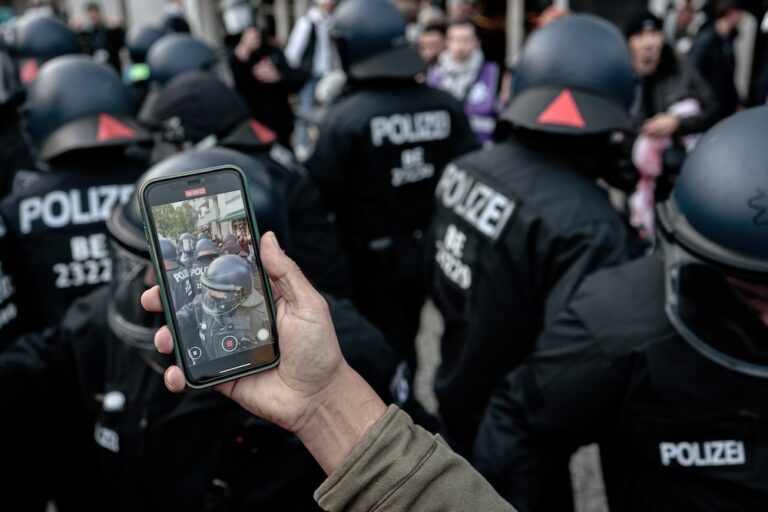The report shows that governments are becoming increasingly savvy in maintaining control over content, says the organisation.
(Freedom House/IFEX) – Washington, October 20, 2011 – A range of governments are increasingly restricting media freedom using licensing and regulatory frameworks and receive little criticism or attention for doing so, according to Freedom House’s newest report, License to Censor: The Use of Media Regulation to Restrict Press Freedom.
The report provides an overview analyzing this trend at a global level and in-depth analyses of the regulatory environments in eight countries: Ecuador, Georgia, Indonesia, Lebanon, Pakistan, South Africa, Uganda and Zimbabwe. It describes some of the most commonly used methods to regulate the media – legal controls on licensing and registration, regulatory bodies that are not independent or operate in an nontransparent or politicized manner, and the imposition of vague content requirements on media outlets – as well as detailing the use of arbitrary or extralegal actions, including license denials and the suspension or closure of media outlets to restrict media freedom.
“The findings in this report show that governments, as they adapt to diverse and globalized media environments, are becoming increasingly savvy in maintaining control over content,” said project director of the Freedom of the Press index at Freedom House, Karin Karlekar. “The report shines a light on an issue that is slowly eroding press freedom in democracies and non democracies alike, and Freedom House hopes that it will result in greater attention paid to regulatory bodies and licensing practices, to ensure more transparent decisions.”
Key findings include:
*Governments are adapting legal and regulatory systems to more globalized, networked, and diverse environments, in an effort to maintain control over the dissemination of news and sensitive topics and rein in influential independent outlets.
*Executive and judicial authorities have in some instances acted arbitrarily, outside the bounds of the law, or in a politicized manner to shutter outlets or withdraw operating licenses.
*When self-regulatory media councils or ombudsmen do not exist, are weak, or underutilized, governments are more effective at promoting state-imposed regulations or usurping regulatory powers.
*Legal restrictions are widespread in countries under authoritarian rule, including Venezuela and Zimbabwe, where the government controls regulatory bodies and independent outlets face threats and possible closure.
*In partly free media environments, where there is often a gap between law and practice, authorities are able to selectively regulate media, punishing particular outlets or restricting media content during certain key events or periods.
*Additional regulatory controls are being introduced or proposed even in open media environments, such as Hungary, which established a new regulatory body in 2010, and South Africa, where the government has proposed to establish a media tribunal.
“This report provides advocates with an important tool to push for better protections in their countries as they can draw best practices and recommendations from contexts like their own,” senior program officer for freedom of expression at Freedom House, Courtney Radsch. “These recommendations include strengthening the mechanisms for industry self-regulation, continuing their monitoring efforts, reporting violations of international standards, and pushing for the reform of restrictive laws.”



